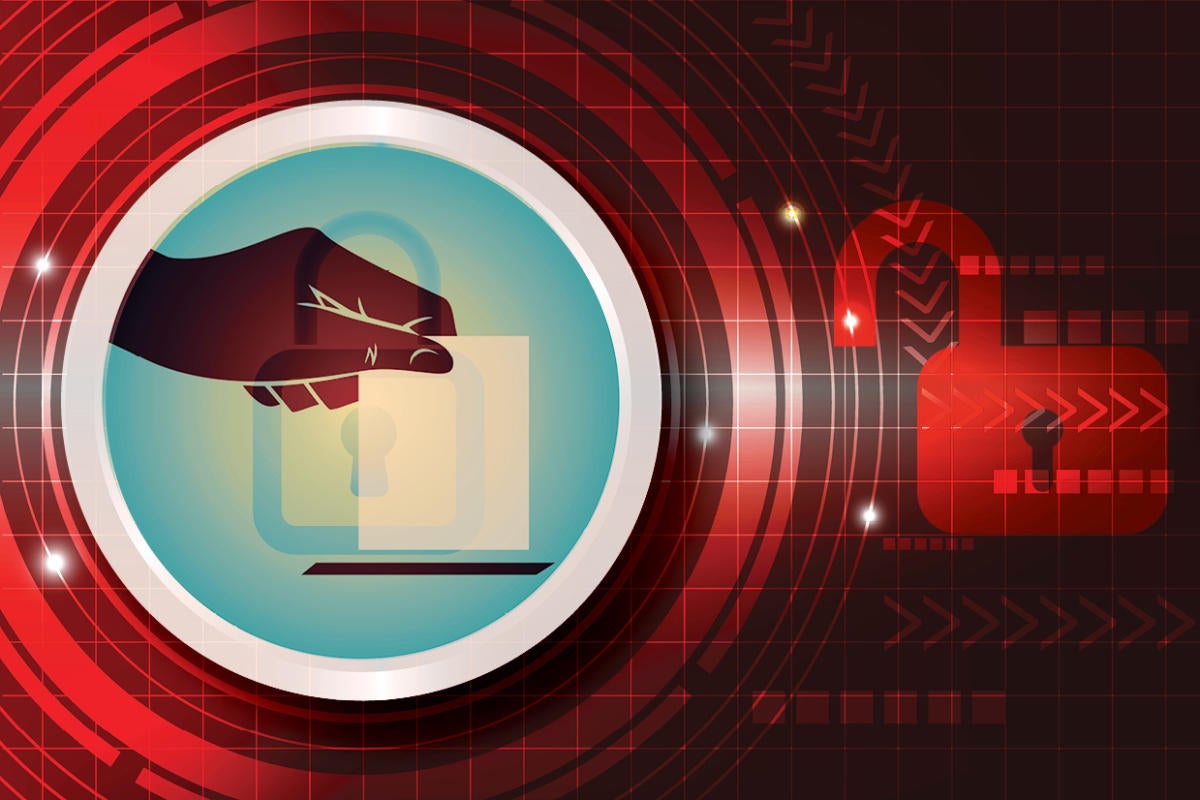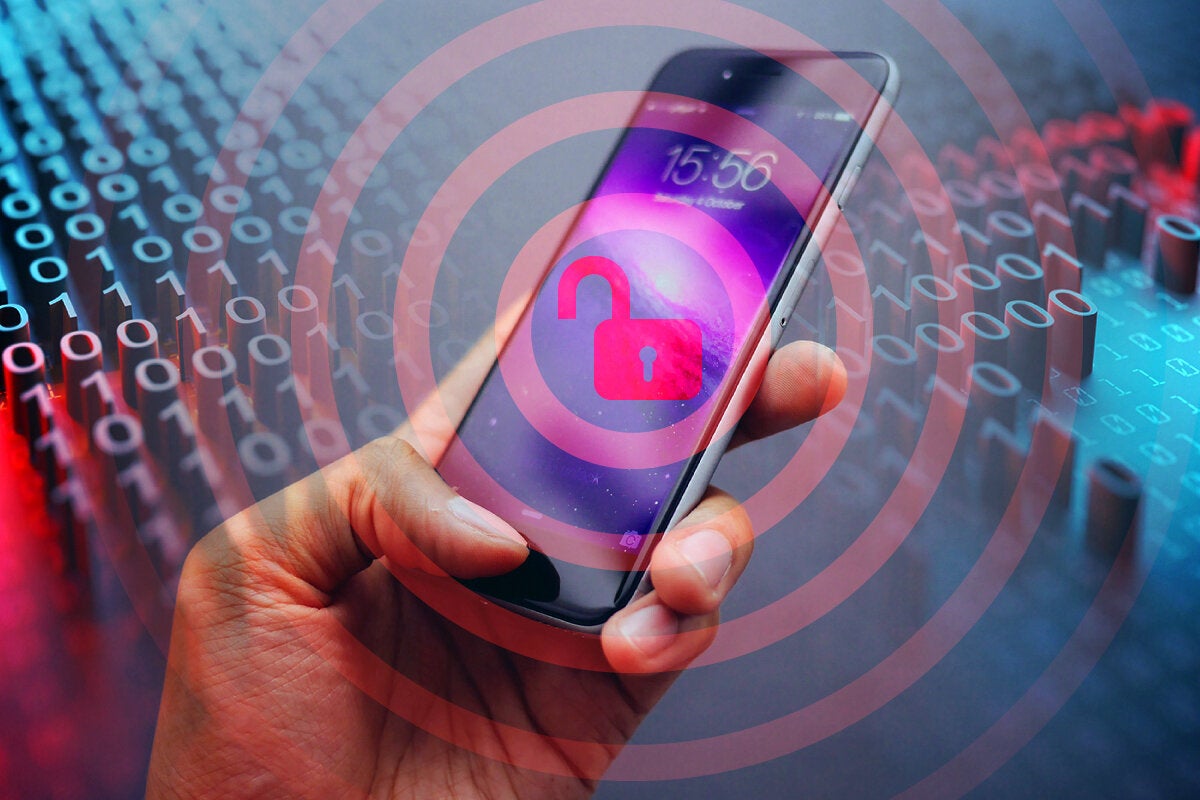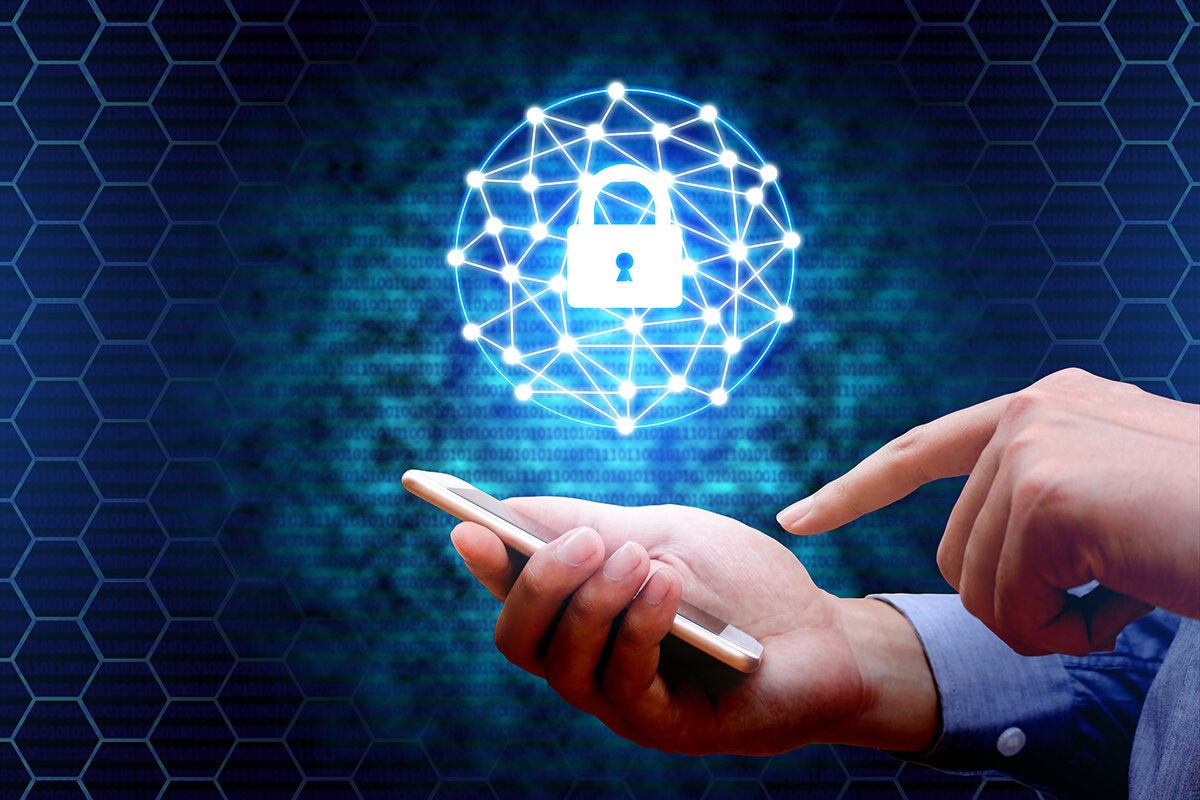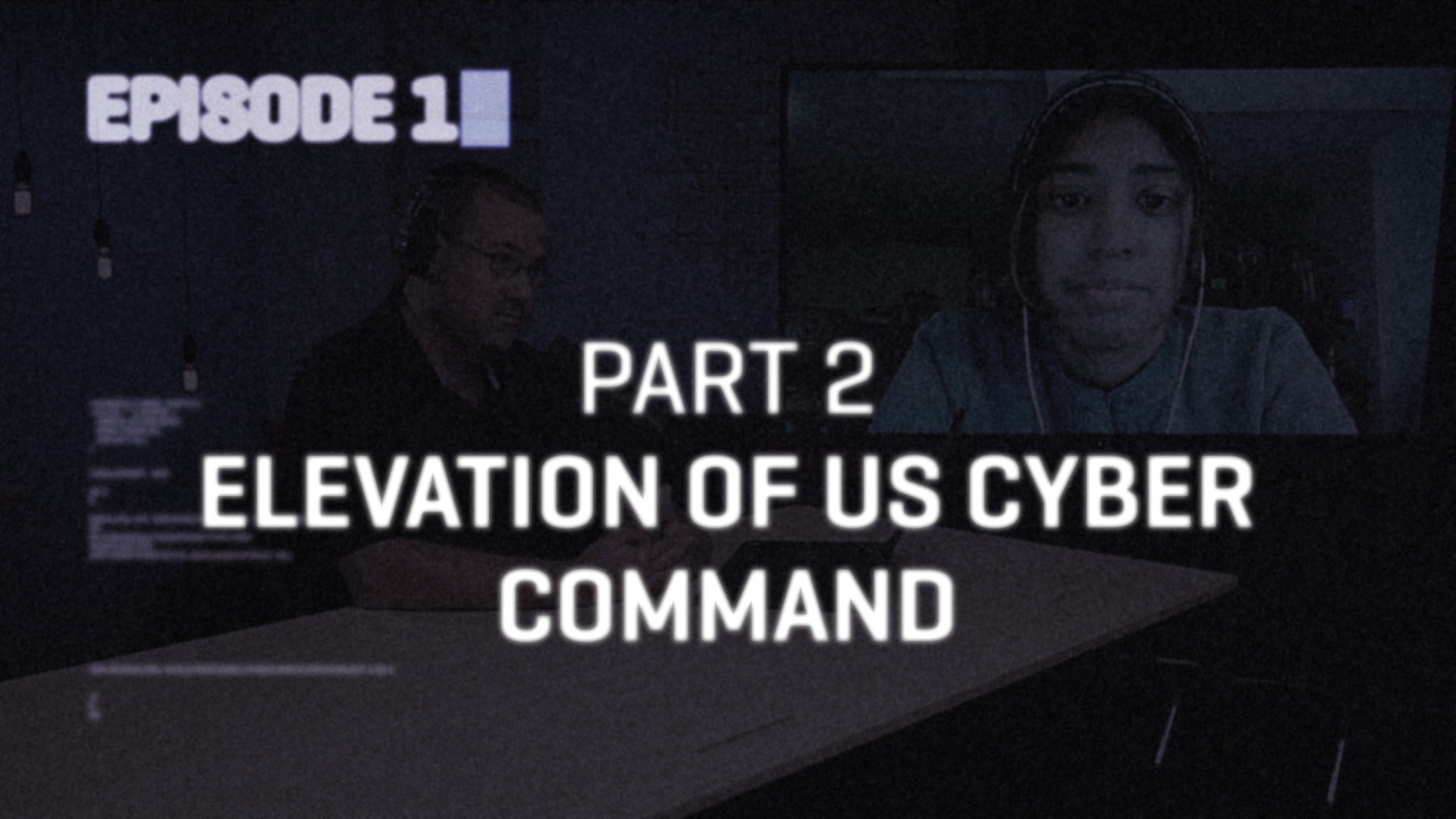Utah county moves to expand mobile voting through blockchain
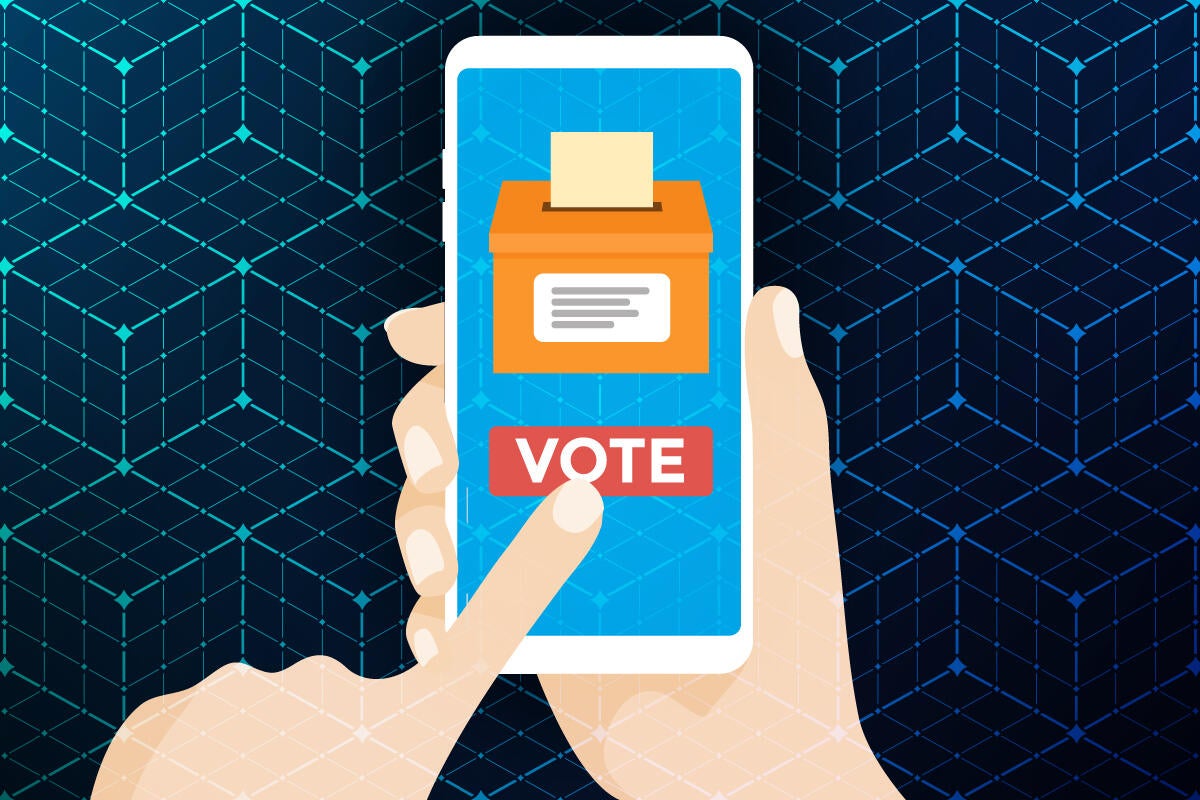
Credit to Author: Lucas Mearian| Date: Mon, 21 Oct 2019 03:00:00 -0700
Disabled voters in Utah County will be able to use their smartphones to vote in the November municipal election, an expansion of an earlier pilot test of the blockchain-based technology and anothert step toward allowing all voters to cast ballots with a mobile device.
The county, which has more than a half million residents, is the third in the U.S. to partner with Tusk Philanthropies, a non-profit focused on expanding mobile voting nationally. The latest pilot is a collaboration between the Utah County Elections Division, Tusk Philanthropies, the National Cybersecurity Center and Boston-based voting app developer Voatz.
